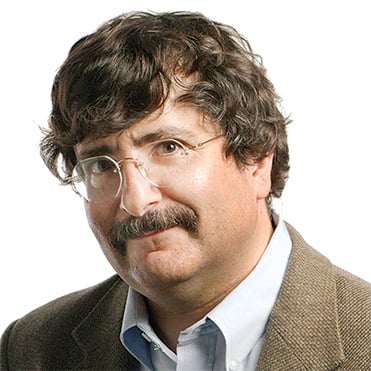Gene Weingarten, the longtime Washington Post writer and editor, chose the subject of his new book by picking a date out of a hat. His idea: Take one 24-hour period from the past and find stories connected to that day. It didn’t matter which date it was; the randomness was the point. The one he ended up with was December 28, 1986, which turned out to be “grotesque bad luck,” as he puts it, because it was a Sunday between Christmas and New Year’s—typically one of the slowest news weeks of the year.
No matter. The resulting book, One Day: The Extraordinary Story of an Ordinary 24 Hours in America, is full of riveting tales, such as—to pick just one example—the story of a couple who got married on that date and then lived on the lam for years under an assumed name after one spouse nearly beat the other to death; their son, Bobby Ryan, was the NHL’s number-two draft pick in 2005 and currently plays for the Ottawa Senators.
Chronicling events from 1986 meant probing people’s memories that weren’t always entirely reliable, and Weingarten had to abandon many stories that he says he couldn’t confirm to his satisfaction: “There was a lot of time lost running down leads that weren’t exactly true or weren’t true enough for me to buy them.” He also had to weigh the effects of revisiting the worst day of some people’s lives. The work could be grueling, and not without its own drama; Weingarten’s marriage ended during the years he spent reporting, and “the stress of this book was not immaterial” to the divorce, he acknowledges. Originally planned as a two-year project, One Day ended up taking him six years to complete.
Weingarten is somewhat known for stunt journalism, such as when he invited violin superstar Joshua Bell to busk in the Metro or instructed five writers to drive nails into a phone book and then write stories about the people whose names they pointed to. But One Day is much more than a gimmick. “It turned out that there was astonishing drama and humor and pathos in this one day,” Weingarten says. “It really did persuade me that whatever day I’d gotten, the results would have been the same.”
This article appears in the October 2019 issue of Washingtonian.




















